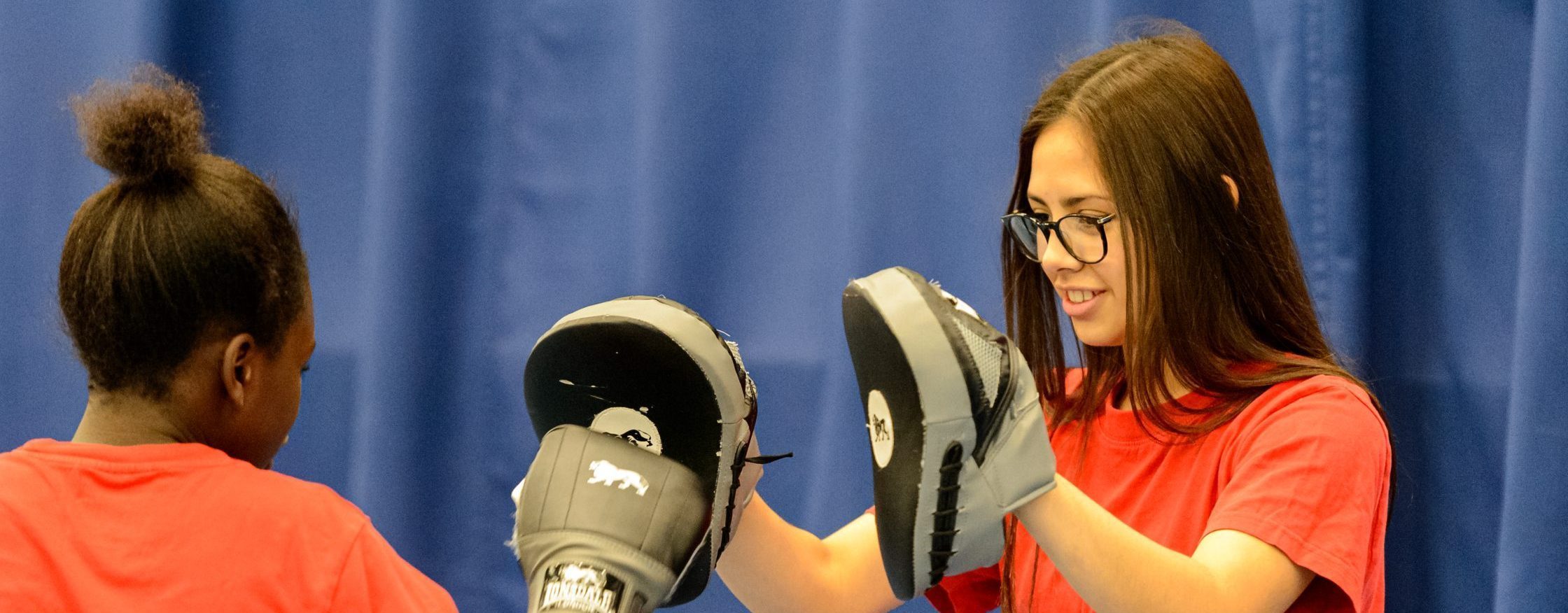
Partnerships and Consultancy
Partnerships are vital to the work we do. We work with organisations that want to help make a difference and enable more women and girls to enjoy the benefits of sport throughout their lives.
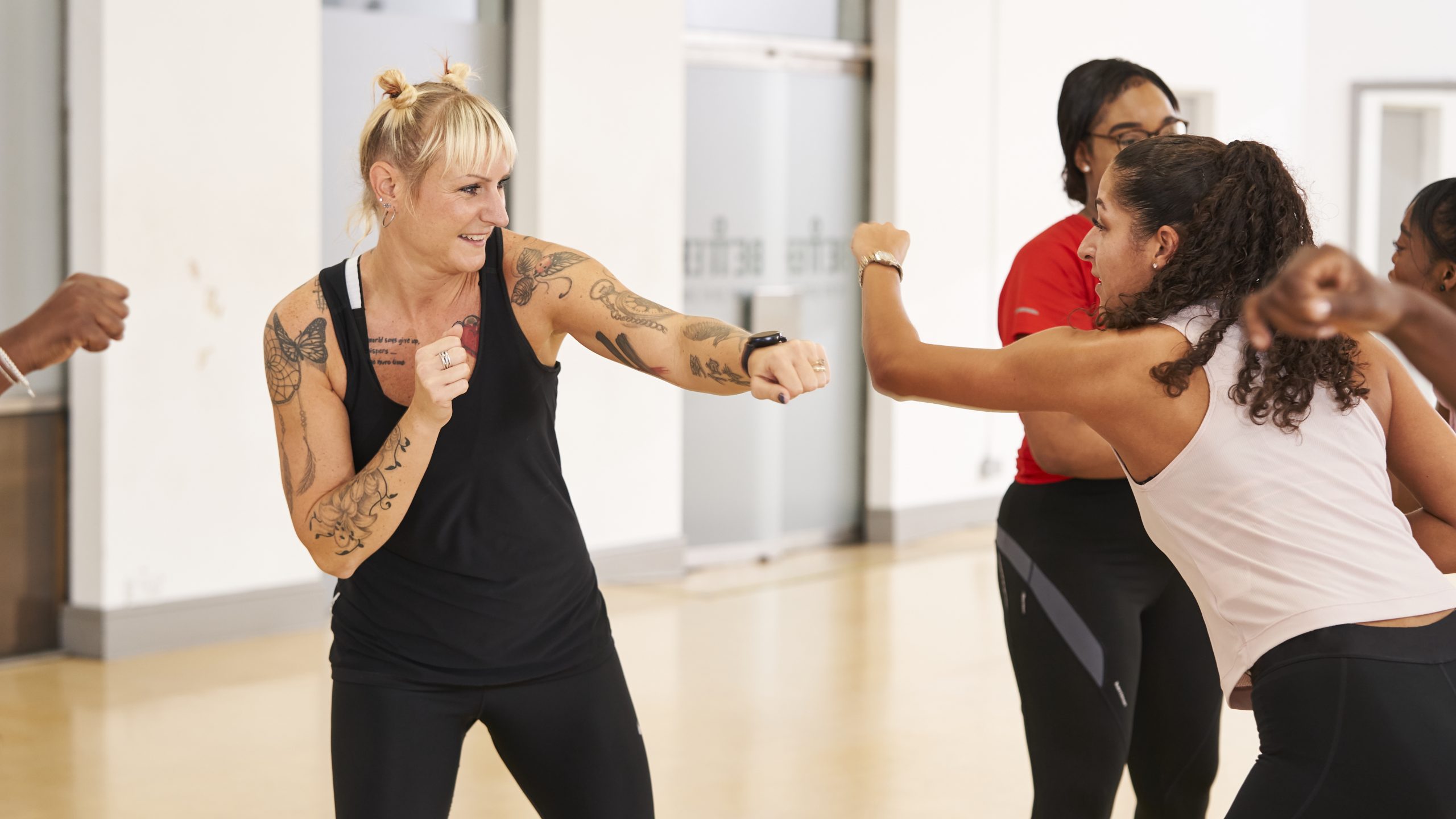
Women in Sport has been working for over 35 years to give every woman and girl the opportunity to take part in sport and to inspire her to do so. But in recent times, many allegations of sexual, emotional, and physical abuse and misconduct in the sports sector have come to light. As a charity, we cannot achieve our mission if women and girls are at risk of harm.
In 2021, the House of Lords National Plan for Sport and Recreation Committee reiterated calls first made by Baroness Grey-Thompson almost five years ago for a Sports Ombudsman or a Sports Duty of Care Quality Commission. There is increasing recognition that there needs to be major structural change in sport and Women in Sport is joining the calls for an independent body to ensure adequate safeguarding and duty of care for everyone involved in sport.
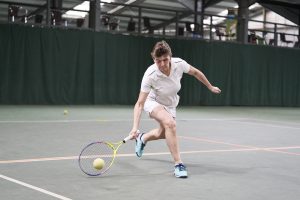 Women in Sport have been dismayed, but not surprised, by the many serious allegations of sexual, emotional, and physical abuse, and misconduct in the sports sector that have been recently reported. We salute the bravery of those who have come forward to share their stories and recognise the long-lived emotional and sometimes physical toll this takes. The majority of the victims of abuse covered by the media in recent years have been women or minors at the time of the abuse. These publicised cases cannot be dismissed as “one-offs.” They are indicative of a structural and cultural problem in sport.
Women in Sport have been dismayed, but not surprised, by the many serious allegations of sexual, emotional, and physical abuse, and misconduct in the sports sector that have been recently reported. We salute the bravery of those who have come forward to share their stories and recognise the long-lived emotional and sometimes physical toll this takes. The majority of the victims of abuse covered by the media in recent years have been women or minors at the time of the abuse. These publicised cases cannot be dismissed as “one-offs.” They are indicative of a structural and cultural problem in sport.
For women to experience sexual abuse at their place of work, or at any time, is clearly unacceptable. But this is the reality for many athletes who experience sexual assaults such as inappropriate and sexualised body contact during the normal course of a coaching session. These are clearly illegal acts but often go unreported or reports are not taken seriously.
Some of the behaviours concerned are not breaches of the law as it currently stands. For example, in recent years a number of young women athletes have come forward to trusted leaders in sport with allegations of an older male coach coercing them into sexual relations. In at least one case multiple young female athletes were allegedly coerced into sexual relationships by the same older coach who used their power and position to achieve this. When an individual is subjected to coercion, they are not then able to legitimately consent. While the use of coercion within families and established intimate relationships is outlawed, this does not currently cover the risk of coercion into a relationship.
Sport by its very nature creates unique risks when it comes to the safety and welfare of participants:
– Sport’s inherent physicality means physical contact between athletes and coaches can be normalised and used as a smokescreen for abuse.
– Certain aspects of sports culture create risks
– Traditionally a high value has been placed on athlete compliance, from following training programmes, to eating a certain way. Cultural and gendered expectations increase the risk of compliance for some groups and for women and girls.
– Elite sport carries a high value in our society, so much so that there are figures in sport who are perceived to be ‘untouchable’ because of their success as former athletes or coaches. This is likely to make them more aware of their power and more fearless.
– A ‘success at all costs’ mentality can lead to toleration of misconduct on the proviso of sporting success. And because success is often associated with pain and discomfort as athletes push their bodies to the limits, the culture can expect them to cope with abuse or inappropriate behaviour and simply “tough it out”.
– In some sports there remains a culture which accommodates for verbally, physically, and even sexually abusive behaviour in the guise of so-called “banter” or “initiations.”
The structure of sport creates power imbalances, conflicts of interest and limited resources:
– There are significant opportunities for abuse of power due to the structure of individual sports programmes, as the future careers and success of athletes depend heavily on decisions taken by coaches and management.
– Currently National Governing Bodies (NGBs) are expected to act as both the organiser and the regulator of their sport – adjudicating both on individual cases, and institutional failures (which they may be responsible for). They are expected to mark their own homework and expose misconduct, whilst simultaneously upholding a positive reputation for their sport, and having to train, qualify and represent the coaches who might be abusive, “grow the game”, attract sponsorship and secure media coverage. There is a clear conflict of interest. NGBs cannot be expected to find institutional failings within their own organisation, act as an independent judge on matters that could cause them significant financial and reputational damage.
– With limited resources we recognise that NGBs are put in a near impossible position. When NGBs investigate cases, they often lack the necessary expertise internally and instead must rely on expensive external support.
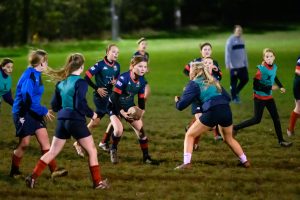 For anyone who experiences abuse there are significant barriers to reporting. These will relate to the way abusers typically manipulate their victims to make them feel everything is their fault, or to fear retribution especially in the context above.
For anyone who experiences abuse there are significant barriers to reporting. These will relate to the way abusers typically manipulate their victims to make them feel everything is their fault, or to fear retribution especially in the context above.
In sport barriers to reporting also include:
– Fear of their allegations not being believed or acted on due to the “untouchable” status of the abuser concerned, particularly at elite level.
– Fear of being ostracised as sports organisations are often close-knit communities so there is a tangible risk that survivors may be ostracised if they make allegations against a member of that community.
– Fear of their sporting career collapsing as this depends heavily both on individual coaches and NGBs. — NGBs are put under extreme pressure to produce medals, sporting success, and positive media coverage which can lead to a closed culture where reporting is either not encouraged or in effect discouraged to protect the reputation of the sport.
Women in Sport is calling for the creation of an independent non-departmental body committed to tackling misconduct and abuse in sport.
We believe that the independent body must be both proactive and reactive, working with the sports sector to prevent duty of care failings from occurring and promoting best practice, but also adjudicating on cases whereby duty of care failings have been alleged to have occurred.
The body must have a clearly defined remit, but it must also have teeth – able to direct NGBs to make changes as and when necessary. It is vital that both NGBs and individuals can bring cases to the regulator where they feel duty of care has not been upheld. Whilst it would require funding, it would relieve NGBs of the existing resource burden of regulation and of the high costs of not infrequent major reviews they are forced to commission when new scandals emerge.
By introducing an independent body with expertise in the areas of safeguarding, welfare, and duty of care, with no conflicting interests, athletes, volunteers, coaches, and management would be able to have full faith that its findings would be fair and beyond reproach. In short taking this approach would make the sports sector safer for everyone involved and build back trust in the sector, not least amongst female athletes and parents.
Whilst responsibility for sport is devolved in the UK there are also UK-wide organisations such as UK Sport, UK Athletics and the British Olympic Association. Whether the new body is UK wide or has a devolved presence, Westminster and the devolved governments will need to work closely together to ensure a consistently high duty of care standard for everyone involved across the UK.
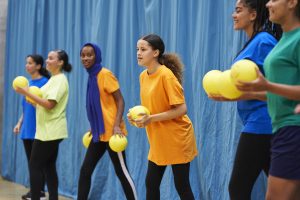 Embedding a duty of care across sport. We firmly believe that all organisers of sport, from National Governing Bodies (NGBs) to individual sports clubs, have a duty of care towards everyone involved, at every level. Duty of care must be interpreted in the broadest sense including everything from personal safety and injury, to mental health issues, to safeguarding participants from misconduct and abuse. The independent body should set standards for duty of care, then oversee the implementation and regulation of sport’s duty of care responsibilities.
Embedding a duty of care across sport. We firmly believe that all organisers of sport, from National Governing Bodies (NGBs) to individual sports clubs, have a duty of care towards everyone involved, at every level. Duty of care must be interpreted in the broadest sense including everything from personal safety and injury, to mental health issues, to safeguarding participants from misconduct and abuse. The independent body should set standards for duty of care, then oversee the implementation and regulation of sport’s duty of care responsibilities.
Protecting all athletes regardless of age: As it stands, NGBs are required to have “appropriate policies and procedures” in place and to “implement and adhere to the Standards for Safeguarding and Protecting Children in Sport”[1]. Most of these policies do not cover those over the age of 18 and should be extended and we have still heard harrowing anecdotal accounts of physical and sexual abuse experienced by women over the age of 18. Regardless of age, everyone deserves to be protected from coercive control, verbal and physical abuse, and sexual abuse.
Legislation to form the independent body should recognise the inherent vulnerability of (particularly female) athletes of any age to abuse and include measures to prevent coercive control within a sport setting whether that is during an intimate relationship, prior to an intimate relationship, or in absence of an intimate relationship.
Establishing a new duty to report for all sports organisations: We know anecdotally that the perpetrators of physical and sexual abuse in sport, are overwhelmingly men, but we don’t know the prevalence of different kinds of abuse and misconduct in different sports, across different demographic groups or whether it impacts men and women differently. This is because, as it stands, there is currently no requirement placed on sports to declare the cases brought to them.
Under this new duty to report, individuals should be required to report all allegations and suspicions of misconduct to the appropriate bodies. NGBs should be required to report these cases to the independent regulator and, if necessary, the police.
Collecting and monitoring data on duty of care failings: The independent body must have responsibility for collecting and publishing anonymised sex, race and disability disaggregated data on duty of care failings, cases of physical and sexual abuse, coercive control, bullying or and any other forms of misconduct. It is vital that the prevalence of this misconduct is monitored and understood.
Ensuring there is a national register of licensed coaches across all sports. As it stands, a coach found guilty of physical or sexual abuse may have received a lifetime ban from one NGB, but there is nothing preventing them moving to a different sport or a different country or continue coaching without a license. This allows them the opportunity to continue to coach and potentially perpetrate further abuse. A publicly accessible coaches register would allow NGBs and other employers to check whether a coach is licensed, whether they have a history of abuse and whether they are currently banned in another sport or by another NGB. This coaches register should be monitored by an appropriate, it should be publicly accessible and there should be a duty on NGBs to keep it updated. In the future we would want to see the national register feed into an equivalent international register.
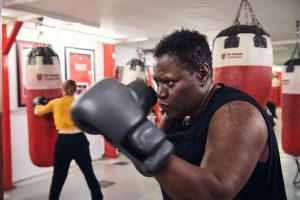 An independent body is one key part of the solution. But across sport, another will be the inclusion of more women in top leadership positions. Our surveys show that gender balanced leadership is connected to a more inclusive culture and less tolerance of inappropriate behaviours. Female athletes are more likely to feel listened to and understood by someone with lived experience and there are several recent examples of female leaders acting as key allies to those who have found the courage to report.
An independent body is one key part of the solution. But across sport, another will be the inclusion of more women in top leadership positions. Our surveys show that gender balanced leadership is connected to a more inclusive culture and less tolerance of inappropriate behaviours. Female athletes are more likely to feel listened to and understood by someone with lived experience and there are several recent examples of female leaders acting as key allies to those who have found the courage to report.
Those positions in sport that are pivotal to setting the culture are still heavily dominated by men. There are still very few female CEOs of major NGBs and even fewer female Performance Directors, both of which have key roles to play in setting the culture. Coaching remains dominated by men – Sport England found that just 17% of qualified coaches are female. Sport at times remains a hostile sector for a woman to work in due to bullying and intimidation.
Conclusion
Since 1984, Women in Sport has been working to ensure that no-one is excluded from the joy, fulfilment and lifelong benefits of sport. Our founder, the late Celia Brackenridge OBE was one of the early champions for child protection in sport and our charity cannot achieve its mission if women and girls are at risk from harm.
The safety and welfare of those involved in sport has been cast aside for too long in pursuit of sporting success, or to protect the reputation of sporting “heroes”, organisations and the sport itself. If we want a safer sector for women and girls, a safer sector for everyone, then it is time to introduce an independent body to rid sport of abuse and misconduct.
[1] Sport England and UK Sport (2016) A Code for Sports Governance [a_code_for_sports_governance.pdf (sportengland-production-files.s3.eu-west-2.amazonaws.com)

Partnerships are vital to the work we do. We work with organisations that want to help make a difference and enable more women and girls to enjoy the benefits of sport throughout their lives.
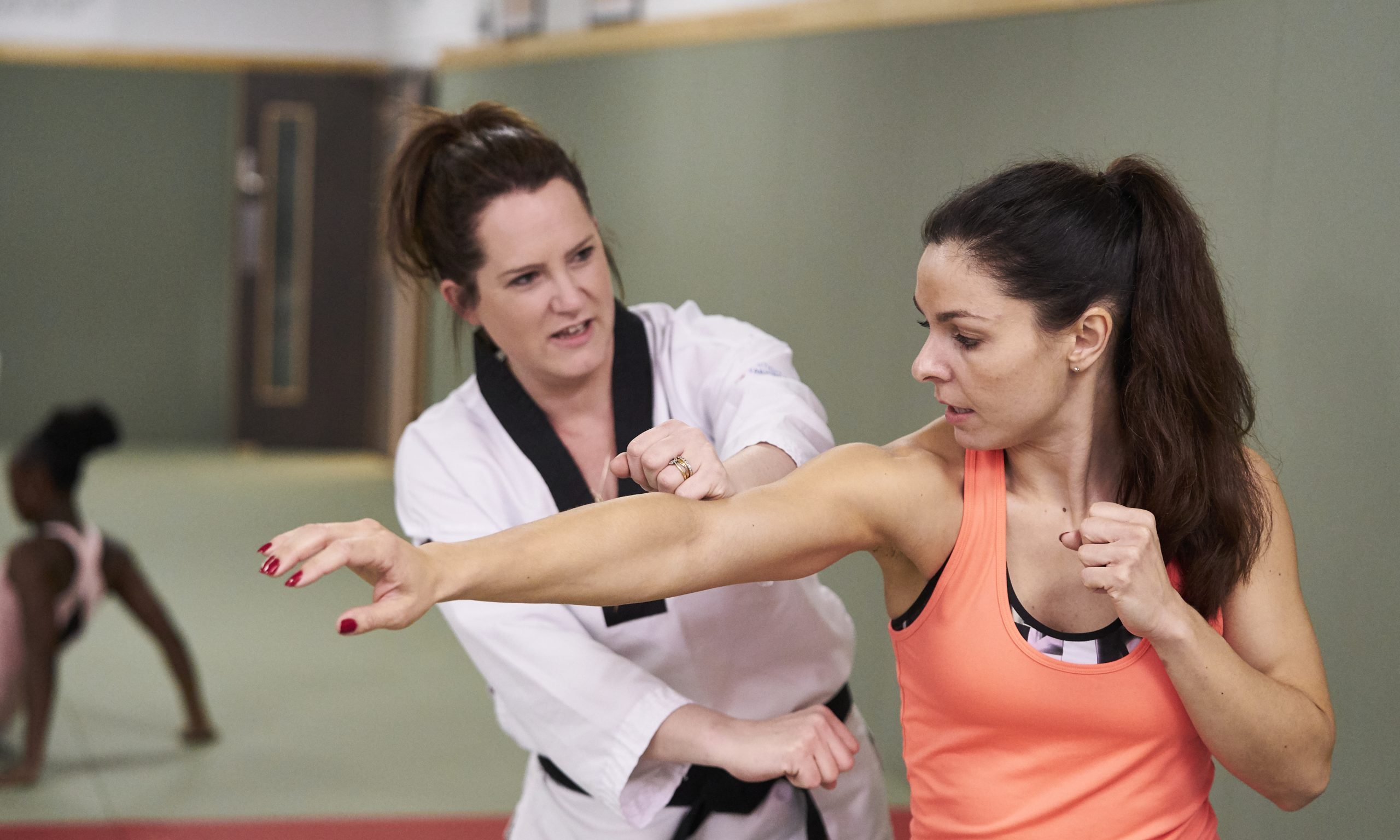
We’re proud of the work we do and we’re proud of the partners we work with, see a selection of case studies featuring recent work and partnerships here.